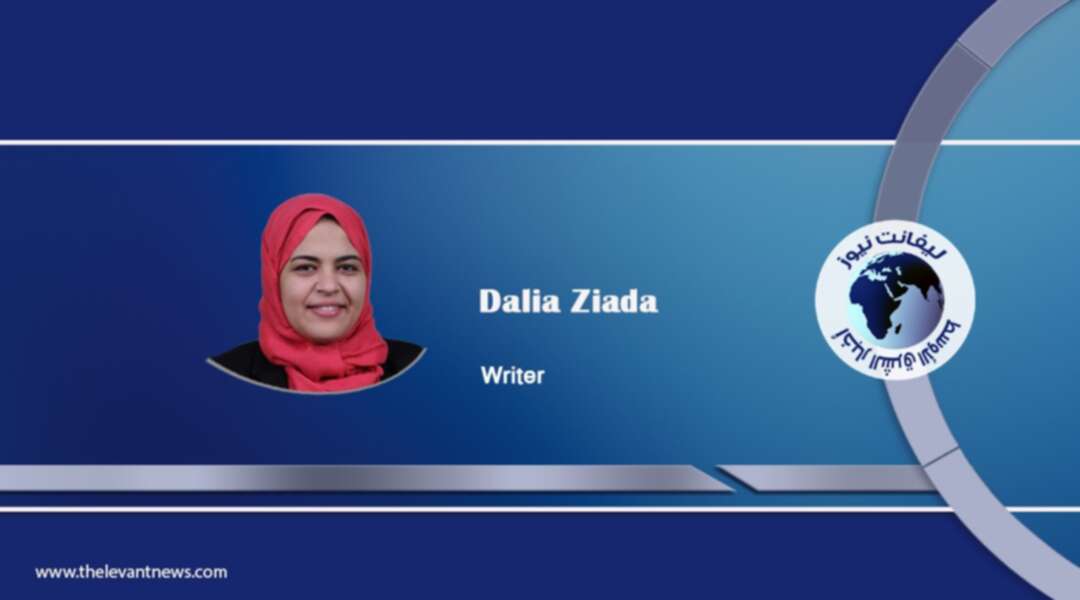-
Resuming the American Quest to Close the Gulf Rift

The volcanic consequences of the COVID-19 pandemic is reshaping world affairs on various levels. Whether the current shifts in international relations are temporary or permanent is a question that only time and practice could answer. One dynamic of a shifting relationship to observe, during this global tragedy, is the relationship between the United States and Arab Gulf countries. It may not only redefine United States’ foreign policy toward the Middle East, but it could also decide for the economic future of the entire globe.
On April 23rd, the American President Trump had a phone call with H.H. Sheikh Mohamed Bin Zayed, the Crown Prince, and the de facto leader, of the United Arab Emirates. Among other issues discussed on the phone call, Trump urged Bin Zayed to “take steps toward resolving the Gulf rift in order to work together to defeat the Coronavirus, minimize its economic impact, and focus on critical regional issues.” One day before that, on April 22nd, President Trump had a separate phone call with Sheikh Tamim bin Hamad Al-Thani, the Emir of Qatar. According to the White House spokesperson, the President encouraged the Emir to take steps to resolve his country's ongoing dispute with neighboring Gulf countries.
The “Gulf rift” or “neighbor disputes,” mentioned in the two phone calls, refers to the diplomatic and economic boycott applied against Qatar by the Arab quartet – namely; Saudi Arabia, United Arab Emirates, Bahrain, and Egypt. The boycott is meant to pressure Qatar to stop supporting Islamic terrorist organizations, that has been wreaking havoc, all over the Middle East, and targeting the stability and security of Gulf monarchies, for decades. The boycott was announced at the conclusion of the “Arab Islamic American Summit” in Saudi Arabia, in 2017, which was held a few months after Trump was seated as US President. At that time, President Trump took the side of the Arab quartet against Qatar and blessed the blockade, despite the resound objection from his Department of State.
Over years, Trump’s policy to tacitly endorse the Gulf rift and take sides served his goal to revive the American economy. On the margin of the Arab Islamic American Summit in May 2017, US President Trump and Saudi Arabia's King Salman bin Abdulaziz signed a series of letters of intent for the Kingdom of Saudi Arabia to purchase arms from the United States totaling $110 billion immediately, and $350 billion over 10 years. In addition, the investments pumped by Saudi Arabia into the American economy has risen steeply, since then. According to Treasury Department reports, Saudi Arabia increased its ownership of US Treasuries by 83%; i.e. from $97 billion in 2016 to $177 billion in 2019.
The two phone calls paid by the American President to UAE and Qatar leaders took place only one day after the shocking historic drop in Texas oil prices, on April 20th, that went as low as ($-40) per barrel. The fall in demand versus surge in supply of oil products as a result of the lockdown, aimed to control the spread of Coronavirus, is one reason for this drop. Another reason is that the United States still need Middle Eastern oil; not only because of its quality specifications versus Texas oil, but also because its availability in the US market acts as a shock absorbent to market ebbs and flows.
Unlike West Texas Index (WTI) prices, the Brent prices seems stronger in face of political and economic crises. It has not been affected much with the recent “oil price war” between OPEC+ and Russia, which ended with a historic deal to reduce production by 10 million barrels, to survive the economic implications of the pandemic. The United States could not be part of this crucial deal because of complicated US laws and regulations that provides a limited authority to the President to decide such matters.
In January, after Iran threatened to target oil fields of Arab Gulf countries, to disturb US economy, President Trump said in a public speech: “Over the last three years, under my leadership, our economy is stronger than ever before, and America has achieved energy independence… We are independent, and we do not need Middle East oil.” Yet, data proves that President Trump’s claims are not true. According to “US Energy Information Administration,” the United States imported 9.10 million barrels per day of petroleum from 90 countries, in 2019. Total of 18% of these imports came from OPEC+, led by Saudi Arabia, while 11% of these imports came from Arab Gulf countries.
Therefore, the Trump administration has realized that the policy of blessing, or at least ignoring the “Gulf rift,” or taking sides with one Gulf country against the other is not beneficial for the US economy, on the long run. In fact, it may be a dangerous policy, should Gulf countries, at some point, decide to counter-play the cards of oil prices or financial investments to force certain stances or decisions from the US administration. That is particularly possible in light of the many predicaments pressuring the American economy, since the eruption of the COVID-19 pandemic.
Now, the reconciliation of Arab Gulf countries and the return of a strong Gulf Cooperation Council have become in the best interest for the United States, economically and politically. We expect to see sincere endeavors by the Trump administration to resolve the disputes in the Gulf, in the next months. Yet, it is Arab Gulf countries’ final call to accept Qatar back, despite its continuing support to terrorism and working against the wellbeing of its neighbors.

by :Dalia Ziada
You May Also Like
Popular Posts
Caricature
BENEFIT Sponsors Gulf Uni...
- April 17, 2025
BENEFIT, the Kingdom’s innovator and leading company in Fintech and electronic financial transactions service, has announced its sponsorship of the “Innovation and Sustainable Technology Solutions Competition (GU - IST Solutions), hosted by Gulf University at its main campus.
This strategic sponsorship reflects BENEFIT’s active role in advancing technological innovation and fostering sustainable solutions to future challenges. It also seeks to empower Bahraini youth by enhancing their skills, capabilities, and competitiveness in innovation and solution development—contributing meaningfully to the broader goals of sustainable development across all sectors.
As part of BENEFIT’s active involvement in the competition, the company has announced that Hanan Abdulla Hasan, Senior Manager of Public Relations and Communication, will serve on the competition’s supervisory committee. Her upcoming participation reflects BENEFIT’s forward-looking commitment to championing academic and professional excellence.
Commenting on the occasion, Hanan Abdulla Hasan, Senior Manager of Public Relations and Communication at BENEFIT, said, “We are privileged to support this pioneering initiative, which aligns seamlessly with BENEFIT’s enduring commitment to fostering innovation and nurturing the potential of Bahrain’s youth. Our participation is rooted in a deep sense of social responsibility and a firm belief in the pivotal role of innovation in shaping a sustainable future. Through such platforms, we seek to empower the next generation with the knowledge, skills, and foresight required to develop impactful solutions that address future challenges, in line with the United Nations Sustainable Development Goals 2030.”
Dr. Aseel Al Ayash Dean of the College of Engineering in Gulf University commented, “We extend our sincere gratitude to BENEFIT for their generous sponsorship and support of the Innovation and Sustainable Technology Solutions Competition. This contribution plays an instrumental role in helping us achieve the strategic goals of this initiative, namely, cultivating a culture of innovation and sustainability, encouraging efforts that address the imperatives of sustainable development, and enhancing the practical and professional capabilities of our students and participants.”
The event will bring together a diverse spectrum of participants, including secondary school students, university undergraduates, engineers, industry professionals, entrepreneurs, academic researchers, and subject matter experts representing a wide range of disciplines.
The competition seeks to inspire participants to develop and present innovative, sustainable technologies aimed at addressing pressing environmental, social, and economic challenges. It encourages the formulation of business models that integrate advanced technological solutions with core principles of sustainability. Moreover, it serves as a platform for emerging leaders, entrepreneurs, and innovators to contribute to the advancement of the Sustainable Development Goals, promote the ethos of responsible technology, and demonstrate its transformative potential across various sectors.
Attendees will have the opportunity to view a series of project presentations submitted by participants, covering diverse areas such as eco-friendly product design, smart and sustainable innovations, renewable energy technologies, water conservation and management, waste minimisation and recycling, green architectural solutions, and sustainable transportation systems. Outstanding projects will be formally recognised and awarded at the conclusion of the event.
opinion
Report
ads
Newsletter
Subscribe to our mailing list to get the new updates!






















